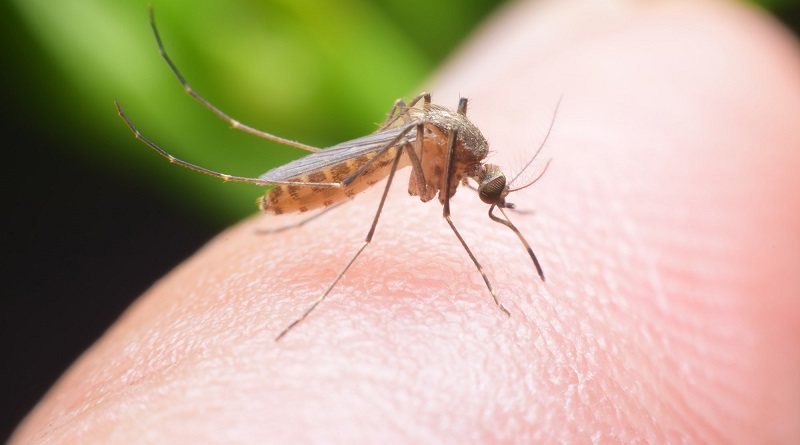Health officials call for increase funding to defeat malaria in Africa
Senior Africa health officials, donors and development partners convened on Tuesday 29 August 2023 on the side-lines of the World Health Organization (WHO) Regional Committee for Africa and urged for increased investments to end malaria, a disease responsible for close to 600 000 deaths in the region. The meeting comes at a time when the fight against malaria in Africa is facing significant unprecedented funding and biological threats.
Globally, in 2021, malaria affected 247 million people and killed 619 000, of whom approximately 96% lived in Africa, mostly young children and pregnant women. Although overall malaria incidence and mortality has dropped significantly in the region over the past two decades, progress has been reversed in at least 13 countries and has stalled in some others, especially since 2015.
Africa is facing several key threats. Escalating costs due to the global financial crisis is making the cost of delivering malaria interventions much more expensive. Biological threats including insecticide and drug resistance; parasite evasion of rapid diagnostic tests and the invasion of new vector species that increase transmission in urban settings are impacting progress. Climate change including increased flooding and cyclones are affecting vector distribution and malaria transmission.
A review of the 2022 World Malaria report showed that countries and partners mobilized only about 50% of the estimated US$ 7.3 billion required globally to stay on track to defeat malaria.
“Beyond closing the immediate gap, we must work to fully secure the resources needed to eliminate malaria once and for all,” said Dr Matshidiso Moeti, WHO Regional Director for Africa. “It is essential that additional resources are mobilized, including from country domestic public and private sectors, to prevent significant reversal of the progress made.”
The ministerial side event allowed discussions to explore a variety of opportunities. These include the establishment of National End Malaria and Neglected Tropical Diseases councils and Funds to maintain malaria high on the national development and financing agenda.
The discussions also sought ways to identify opportunities to increase resource allocations of domestic budgets to health including the fight against malaria; prioritize country allocations from World Bank funding mechanisms to invest in primary health care delivery platforms including malaria, as well as and enhance integration so that malaria is a pathfinder for health systems strengthening, pandemic preparedness and addressing the impact of climate change on health.
Continued support from donors such as the United States Agency for International Development, the Bill and Melinda Gates Foundation among other organizations was also emphasized.
The Global Technical Strategy for malaria 2016– 2030 sets out estimates of the funding required to achieve milestones for 2025 and 2030. Total annual resources needed were estimated at US$ 6.8 billion in 2020, rising to US$ 9.3 billion in 2025 and US$ 10.3 billion by 20301.
With the WHO global strategy off track by an estimated 48%, urgent action is needed by each member state to ensure that resources are available to ensure universal coverage of malaria services to save lives and attain Sustainable Development Goal 3.
The Global Technical Strategy, endorsed through the African Regional Framework for the control, eradication and elimination of tropical and vector borne diseases, and the as well as the Catalytic Framework to End AIDS TB and Eliminate Malaria endorsed by the Heads of State and Government of Africa, encourage governments to provide leadership and commit to the achievement of global and national targets




